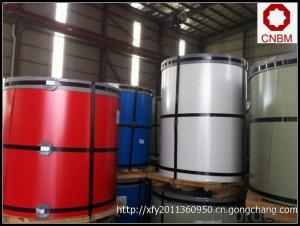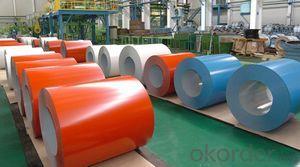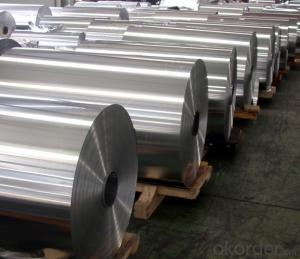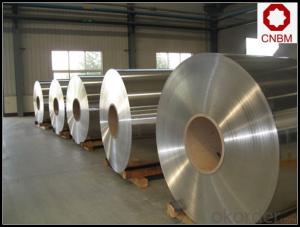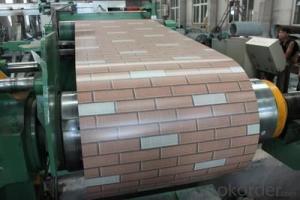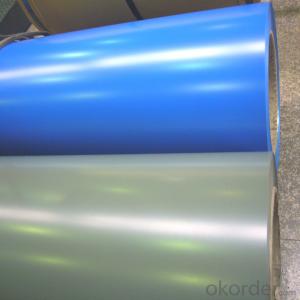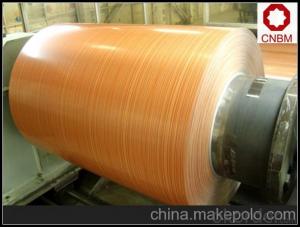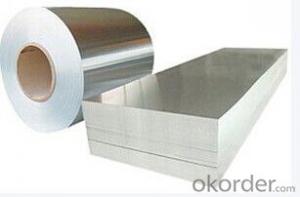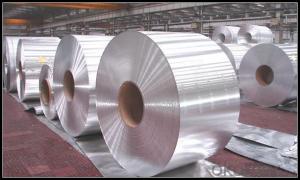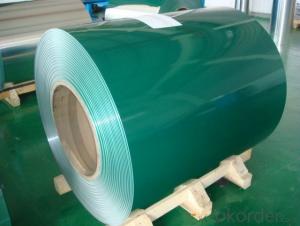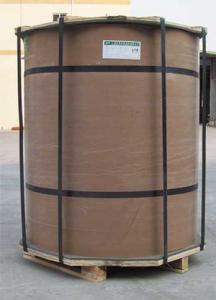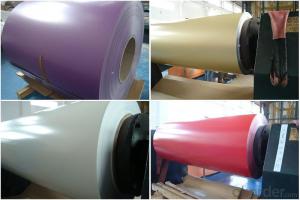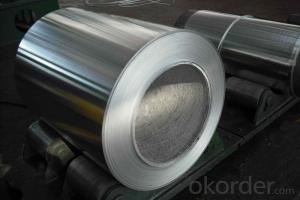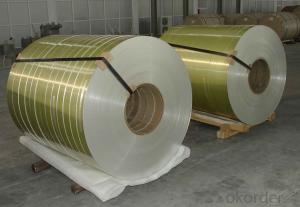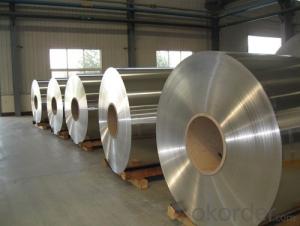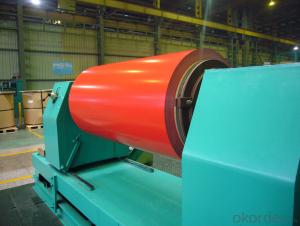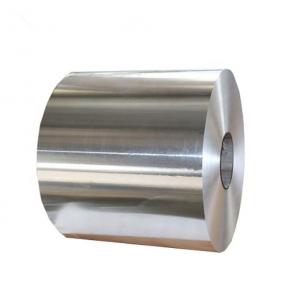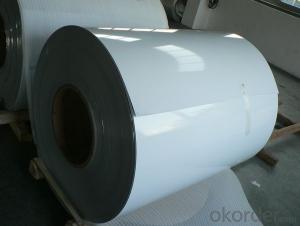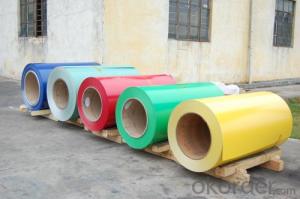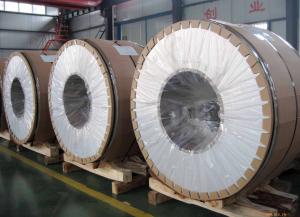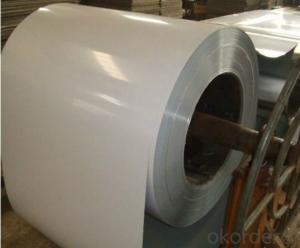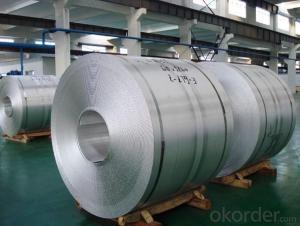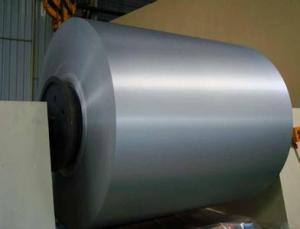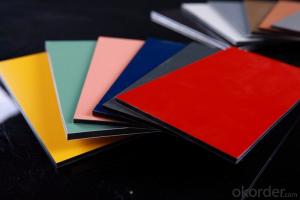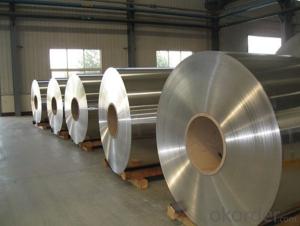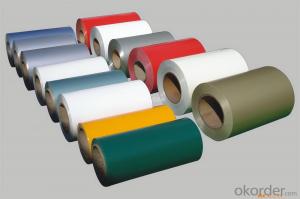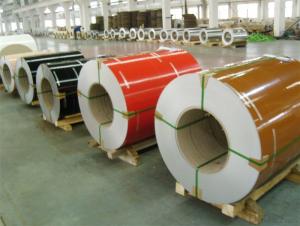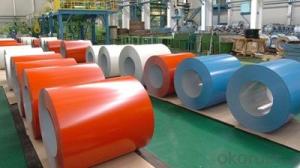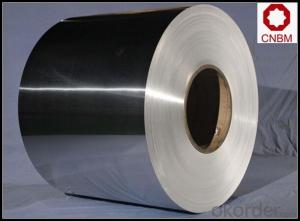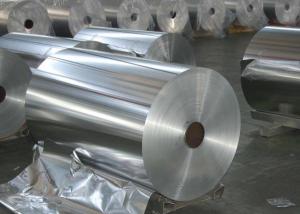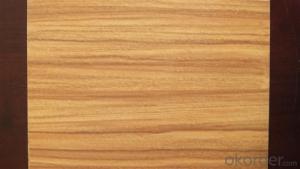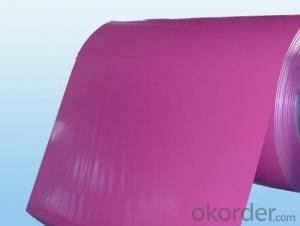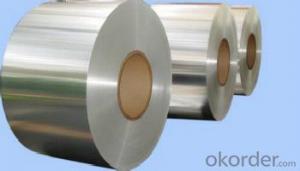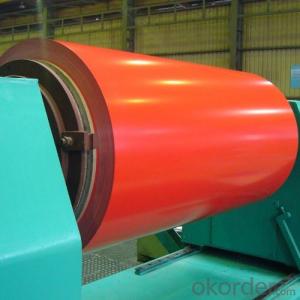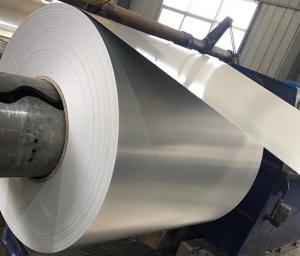3105 Aluminum Coil
3105 Aluminum Coil Related Searches
030 Aluminum Coil 3 4 Aluminum Tubing Coil 032 Aluminum Coil 3 8 Aluminum Tubing Coil Copper Aluminum Coil Aluminum Alloy Coil 3003 Aluminum Coil Aluminum Copper Coil Aluminum Condenser Coil Aluminum Tubing Coil Anodized Aluminum Coil Aluminum Coil 3003 Color Coated Aluminum Coil Colored Aluminum Coil Mastic Aluminum Coil Coil Aluminum China Aluminum Coil Polished Aluminum Coil Aluminum Ac Coil 1050 Aluminum Coil Copper Colored Aluminum Coil Aluminum Wire Coil Aluminum Strapping Coil 1100 Aluminum Coil Coil Of Aluminum Aluminum Tube Coil Black Aluminum Coil All Aluminum Coil White Aluminum Coil Aluminum Coil Pipe3105 Aluminum Coil Supplier & Manufacturer from China
3105 Aluminum Coil is a type of aluminum alloy known for its excellent corrosion resistance and formability. This alloy is widely used in various industries due to its unique properties, making it a popular choice for a range of applications. The alloy's composition, which includes elements like manganese and magnesium, contributes to its strength and durability, making it suitable for both indoor and outdoor use.The 3105 Aluminum Coil is commonly utilized in applications such as food and beverage cans, automotive parts, and construction materials. Its ability to withstand harsh environmental conditions without corroding makes it an ideal material for these uses. Additionally, the coil's formability allows for easy fabrication into various shapes and sizes, further expanding its versatility in different industries.
Okorder.com is a reputable wholesale supplier of 3105 Aluminum Coil, offering a large inventory to meet the demands of various customers. With a commitment to quality and customer satisfaction, Okorder.com ensures that the 3105 Aluminum Coil they provide is of the highest standard, making it a reliable choice for businesses looking to source this material for their projects.
Hot Products
